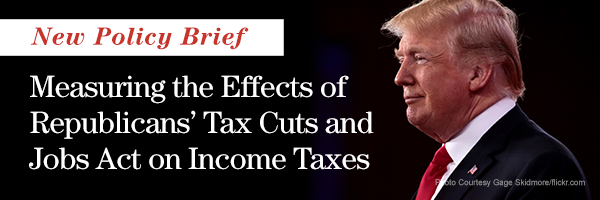(The Center Square) – As legislative negotiations continue in the Virginia General Assembly, some scholars are warning against government funding for a new NFL stadium for the Washington Commanders.
After some negotiations between the House of Delegates and the Senate stalled last week, lawmakers pushed back the debate until they could meet for a special session, which has yet to be scheduled. One of the proposals that has been postponed would provide tax funding to incentivize the Commanders to move to northern Virginia.
The House and the Senate passed their own versions of this legislation, both of which garnered bipartisan support. The bills would create a new Virginia Football Stadium Authority to contract bonds to help construct the stadium and would divert some of the state’s sales tax collections back to the stadium. In both proposals, nearly half of the state’s sales tax collected at the facility and on the nearby campus would go back to the stadium authority.
Senate lawmakers also included other incentives in the bill: all of the corporate income tax revenues collected on the campus and all of the personal income taxes collected from work at the facility would go back to the stadium authority. The campus would include surrounding businesses, while the facility is just the stadium itself.
“It’s going to be a lot [of money] under the House bill, but it’s going to be a positively brain shattering amount under the Senate legislation,” Michael Farren, a senior research fellow at the free-market Mercatus Center, told The Center Square.
Farren said the Senate version would essentially create a tax haven for team owners. Even though the money wouldn’t go directly to the team, it would go to the stadium authority, which is only authorized to spend money to benefit the stadium. The authority would be controlled by a nine-member board, all of whom are appointed by the governor, but four of whom would be chosen from a list provided by the Commanders.
Although lawmakers initially reported the stadium authority’s funding would be capped, Farren said none of the language in the bill provides a cap. Rather, he said the legislation could flow substantial amounts of taxpayer money to the team for decades. He said the exact amount of money is difficult to estimate.
Senate Majority Leader Dick Saslaw, D-Fairfax, who sponsored the Senate version of the legislation, told The Washington Post he intends to close some of the loopholes in his bill.
However, the public will likely need to wait until lawmakers strike a deal before they know how much tax-payer money the Commanders will get. The conference committees, in which the lawmakers debate the nuances of the two proposals, are not accessible to the public. A spokesperson for Saslaw told The Center Square the senator does not publicly comment on legislation while it is in the conference committee process. The Center Square also reached out to House leadership and the sponsor of the House version of the bill, Del. Barry Knight, R-Virginia Beach, who could not be reached for comment.
J.C. Bradbury, a professor of economics at Kennesaw State University, told The Center Square that providing any tax-payer money to the Commanders would be a bad idea.
“Anyone arguing the other way is not even bothered to look at the evidence,” he said. “…We certainly don’t see any positive effects [on the economy] and it could [even] be negative.”
Bradbury authored a study on the economic effects of government funding for the Atlanta Braves’ stadium, Truist Park, and found that the economic return did not produce prosperity and didn’t even cover the cost of the subsidy, despite promises from politicians. He said a plethora of economic literature shows this is the case for other stadiums and will be the case if Virginia funds the construction of the Commanders stadium.
Lawmakers often argue these types of subsidies do not cost the taxpayers any money because it simply diverts money collected by the new stadium, but Bradbury said this argument is “completely missing the point of what’s going on.” He said people do not have more money to spend on goods and services at the stadium; rather, they use money they would have otherwise spent elsewhere. Because that money is going to the stadium, and the taxes are going back to the stadium, he said this results in less revenue for the government.
Farren agreed with that sentiment, and argued that Virginia lawmakers should enter into an interstate compact with Maryland and Washington, D.C. that would block any of the three governments from providing subsidies to the Commanders. At that stage, the Commanders would simply choose the economically best place to locate, which he said they would likely do anyway.
Barring a decision from lawmakers to forgo subsidies, Farren said lawmakers should at least put a cap on how much taxpayer money the stadium will get.
Originally published by The Center Square. Republished with permission.











[…] post Scholars Warn Virginia against Funding Washington Commanders Stadium as Negotiations Continue appeared first on Heartland Daily […]